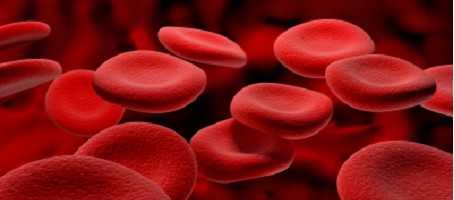New research suggests that our genes dictate which bacteria thrive in our gut, thereby having a significant influence over obesity and potentially affecting the development of diseases such as type 2 diabetes.
The study, carried out at King’s College London and Cornell University and published in Cell, compared identical twins (who share 100 per cent of their genes) and non-identical twins (who share around half).
It was discovered that the gut microbes of identical twins shared more similarities, suggesting that some of the bacteria present in the gut is influenced by genes.
The bacteria type Christensenellaceae was more prevalent among people with low weight. It also protected mice from weight gain.
“Seventy per cent of differences between people in how fat they are due to their genes – that’s been known for about 10 years,” said Professor Tim Spector, head of the department of twin research and genetic epidemiology at King’s College.
“There’s possibly some big missing factor we haven’t thought of. Finding out if the microbes in our gut are influenced by the host’s genes or not is important. It’s a part of our body we’ve just ignored.”
Christensenellaceae could be given to obese people to address the genetic variation in how people respond to different foods. Potentially,obesity and its associated health problems could be treated. The complications of obesity include type 2 diabetes, high blood pressure, high cholesterol, heart disease, and several types of cancer.
The research may also provide a greater understanding of the kind of dietary and lifestyle developments that could treat obesity. Lifestyle changes, such as improving one’s diet and increasing levels of exercise, are generally considered the most effective treatment for obesity.
What's new on the forum? ⭐️
Get our free newsletters
Stay up to date with the latest news, research and breakthroughs.




